- COMMUNITY COACH
- Posts
- Book Clubs are growing by 24%!
Book Clubs are growing by 24%!
Plus the Art of Gathering by Priya Parker, how to transform memes into videos, inspiring community builder My Climate Journey, a special promo code to join a community summit for FREE and how to get new members to join your community

Welcome to the Community Coach newsletter, a value packed read
for community builders trying everything to build meaningful connections.
Reader perk: Attend the Community-led World Summit online on Wed 10th July for FREE (ticket is worth $29). Enter the promo code CARMENVIP and get 100% off - i.e. your free ticket!
There are some AMAZING sessions to be hosted by incredible community builders and experts. I’d definitely recommend signing up via my free promo code above.

communityled.world use code CARMENVIP for a free ticket to attend sessions online!
Here’s a few of the sessions I’m excited about:
“The Community Superstars Era: Turn Ordinary Community Members into Passionate Advocates” by Rich Millington
“Building an Engaged Community Focused on In-Person Experiences” by Catherine Park
“Don’t Build Community FOR your members, Build It WITH Them: How To Build A Viral Movement” by Paz Pisarski
“Beyond The RSVP: Secrets to Smashing Event Attendance” by Valentina Ruffoni
“Beyond Isolation: Lessons from Darmok on Overcoming Communication Challenges in Human Connections.” by Stuart Clark (Senior Dev Advocate at Amazon Web Services)
📚 Community 101: The Art of Gathering - insights & templates for your next event
🤖 AI Tool: Transform memes and other images into videos - fast.
🔥 Inspiring community builder: Jason Jacobs at My Climate Journey
👋 Answering your questions: “How do I get new members to join my community?”
Community 101: The Art of Gathering
With all the recent uptake in hosting offline meetups and events, it’s no surprise that I’m seeing a resurfacing of Priya Parker’s book “The Art of Gathering”.
I was recently listening to an episode titled “What Makes a Good Gathering” by the Freakonomics podcast. One of the hosts (Mike Maughan) was discussing how they had hosted a successful book club for years with the same members consistently turning up. This is no easy feat - anyone who has belonged to a book club is most likely aware that there are many that fail or the drop out rate/churn can be quite high.
Parker's approach, which emphasizes the importance of purpose-driven gatherings, resonated deeply with Mike - he had unknowingly followed Parker’s principles in the following ways:
Create deeper connections: Kept the book club small with the same group of people
Idea of exclusivity: you need to decide who is it for, who is it not for). If the book club was opened up to more people (which it had the possibility to do so), it would have fallen apart. Warmth and inclusivity is the vibe. To do this you need to exclude people that don’t belong.
Membership has boundaries: these boundaries provide emotional safety and allow for intimacy to develop.
Common rules were established: read the book, show up (no matter what) - they made this work even when a member moved interstate - they all decided to visit/ fly across
Common language was formed: societal issues were discussed in the book club and they had their own way of discussing how the book related to these issues
Rules to keep your group a group - emotional safety, ability to be vulnerable is paramount.
Another interesting point made on the podcast was how Gen z and millennials are taking “traditional” type gatherings like book clubs and putting their own spin on it to encourage deeper connections.
Book club event listings grew 24% in the United States in 2023 from the previous year, according to ticketing platform Eventbrite.
Meetup saw a 10% increase in book club listings…
Themed book club events, such as queer book clubs, saw an 82% increase in attendance in 2023, according to Eventbrite, while attendance at silent book clubs increased 23%.
Silent book club members gather in public at bars, cafes, bookstores, and libraries simply to read – typically anything they choose.“
Here’s another useful resource I found from Adele Bloch (another awesome community builder). Adele has created a useful checklist using Priya Parker’s key principles to help your future gatherings have greater impact.
Most gatherings fall flat, and it’s deepening the loneliness crisis.
Priya Parker’s best-seller, The Art of Gathering, compiles years of research on effective gatherings.
I put together the key takeaways to make your next gathering more meaningful & memorable.👇
— Adele Bloch (@adele_bloch)
3:10 PM • Oct 26, 2023
I also really rate Adele’s take on how to go from events with a lack of purpose to more meaningful events:

Source: @adele_bloch https://x.com/adele_bloch/status/1717559291115421838/photo/1
Tool: Transform memes into videos
If you’ve been seeing all these videos of static memes being transformed into videos, here’s the tool that makes it happen: it’s called the Dream Machine by Luma AI.
Dream Machine is an incredibly fast video generator! 120 frames in 120s. (That’s fast).
Watch some examples here:
Luma AI already has 130K members on their Discord sharing their work using the model (you can try it out for free) along with entering community competitions.
3 ways you could use this tool for your community:
Transform drawings/static images into videos/animations and share with your community
Create animated backgrounds for your online events
Community member competition: see what your members can create with this tool
Inspiring community builder
Jason Jacobs (My Climate Journey)

My Climate Journey (MCJ) Meetup
My Climate Journey (MCJ) Collective was founded by Jason Jacobs. He started MCJ as a podcast initially, exploring various aspects of climate change, and it eventually evolved into the broader collective it is today, a community that facilitates the exchange of information, ideas, and capital to help people with their own climate journeys and encourage collaboration.
This community is particularly known for breaking down silos and encouraging open discussions on climate issues.
The membership includes access to a range of resources such as podcasts, a member directory, and the ability to attend and submit events.
They share their beliefs with their members and they are clear on who belongs to their community:

They host their online community on Slack. This platform facilitates discussions, book clubs, panels, and various other member-driven activities, fostering a sense of camaraderie and mutual support.
They host a variety of events both online and offline all around the world.

They host welcome calls for new members:

And they highlight their community members:

Community members feature in their Substack newsletter
MCJ also creates community wrapups each year to celebrate their achievements and remind members of how far they have come over the year.
Answering your questions

A very popular question…
“How do I get new members to join my community?”
Classic question that I hear all the time. “I’ve built the community, but why is no-one joining it?”
I’ve heard stories where people post about their community on platforms like Twitter, only to be met with crickets.
There’s a few potential things going on here, but here’s some advice from someone who has helped others overcome this issue:
1) Make sure you understand the people you are building the community for.
Do you accurately know why they would actually want to join a community? Assumptions are NOT the answer here.
Do proper research. Before pitching people to join your community - make sure you know what they want.
2) Create content that focuses on what your potential members want
If you are correct with point 1 then you should be creating as much content as possible to add value to them.
Don’t expect anything in return, just add a link for people to learn more about your community.
You should also reply to others on social media especially if you can help them/add value to them.
3) Help people understand what your community is about and who it is for
Create a website/landing page that clearly defines the purpose of your community, who should join (and who shouldn’t join), member testimonials.
Have a clear call to action: how can people join your community? I do recommend an application form to better understand new members and ensure they are the right fit.
Got a question for me? DM me on Twitter and ask away. Your question may be answered in a future newsletter (and I’ll reply to everyone who asks).
Until next time,
Carmen
Community Coach
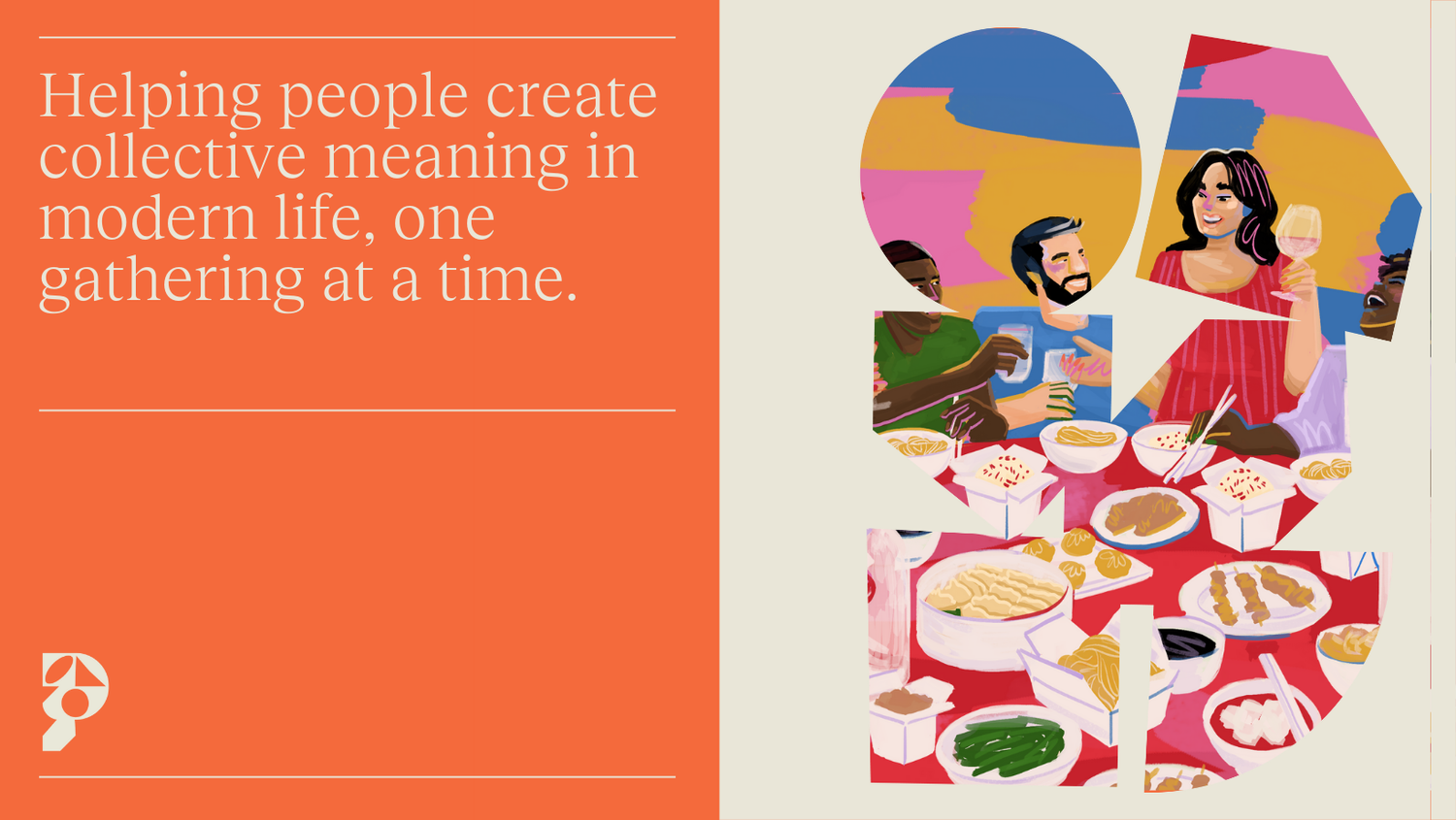
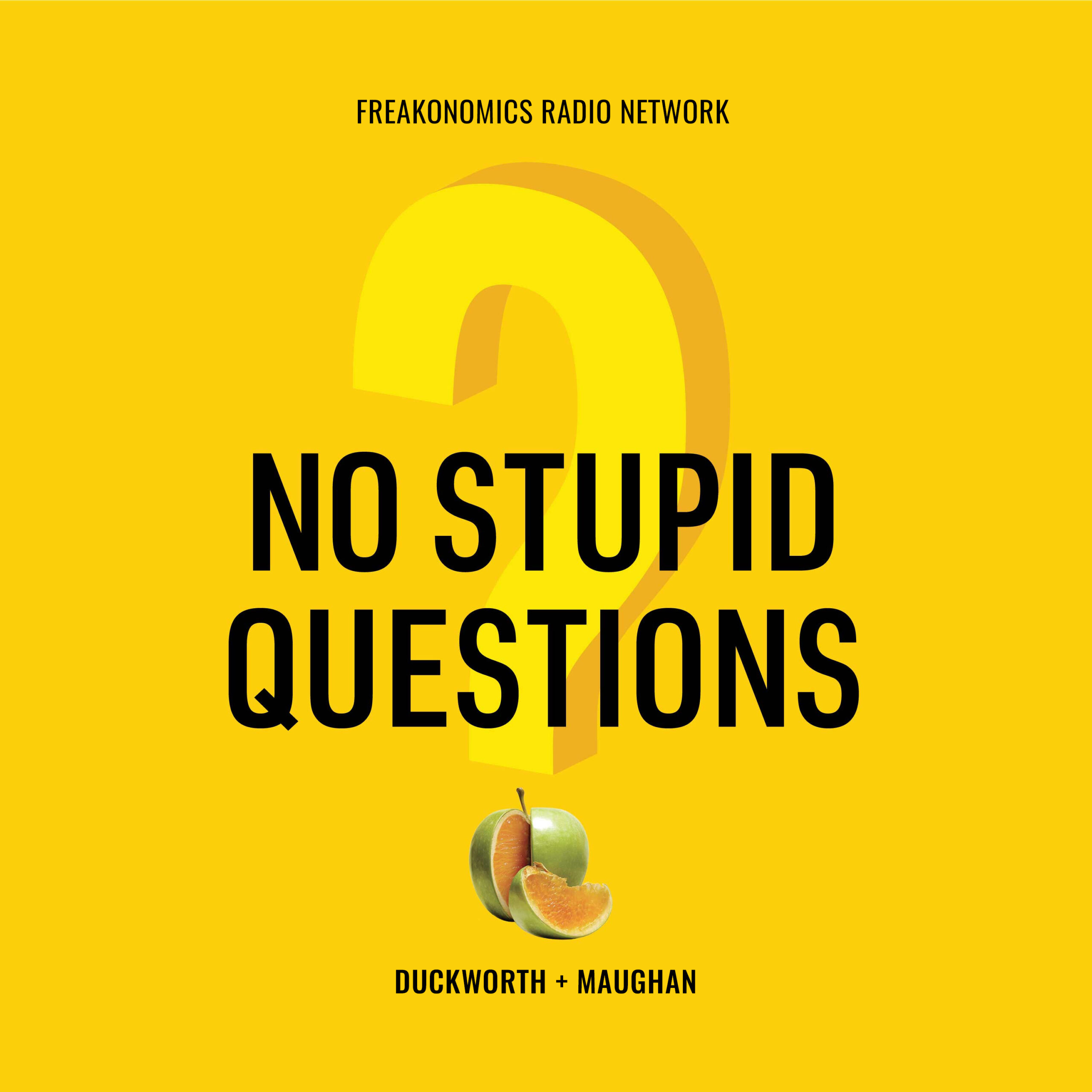
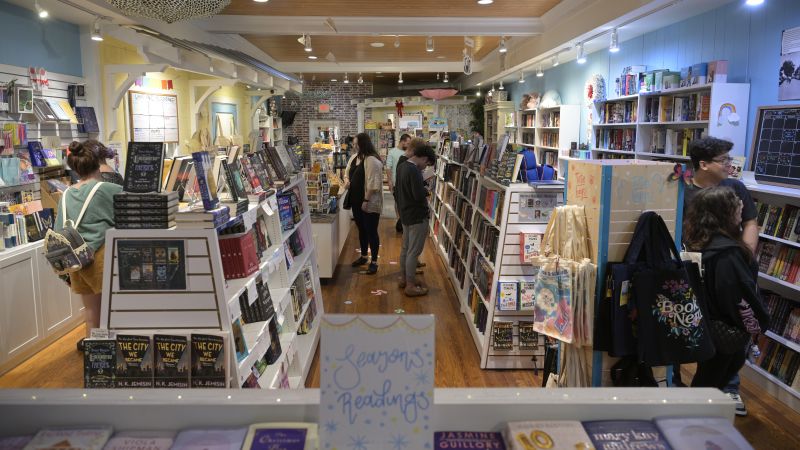


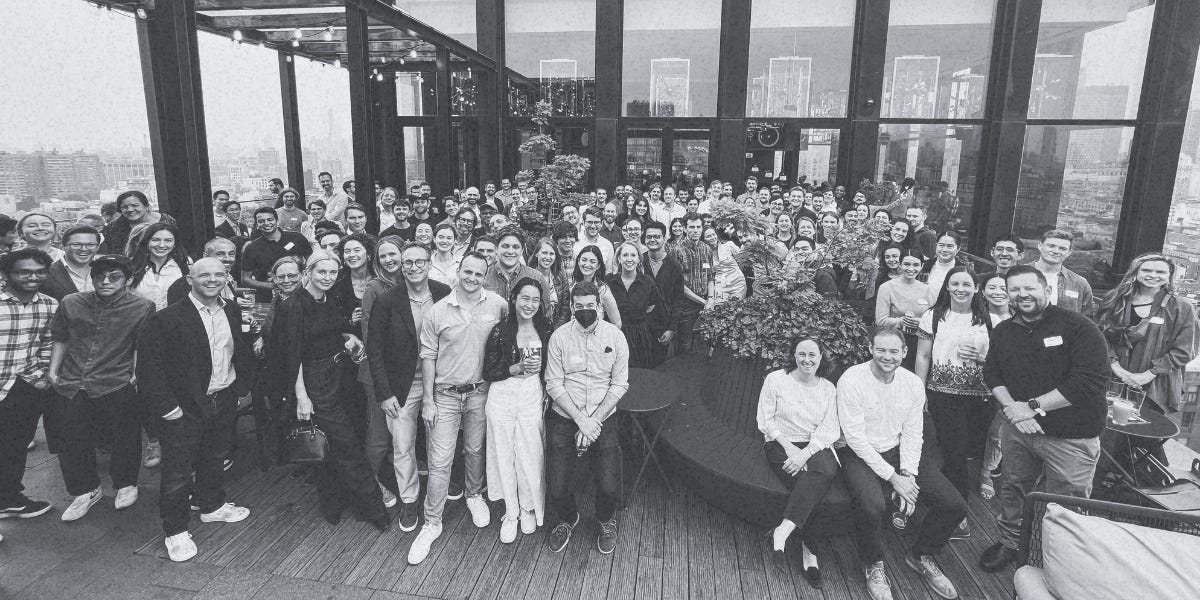
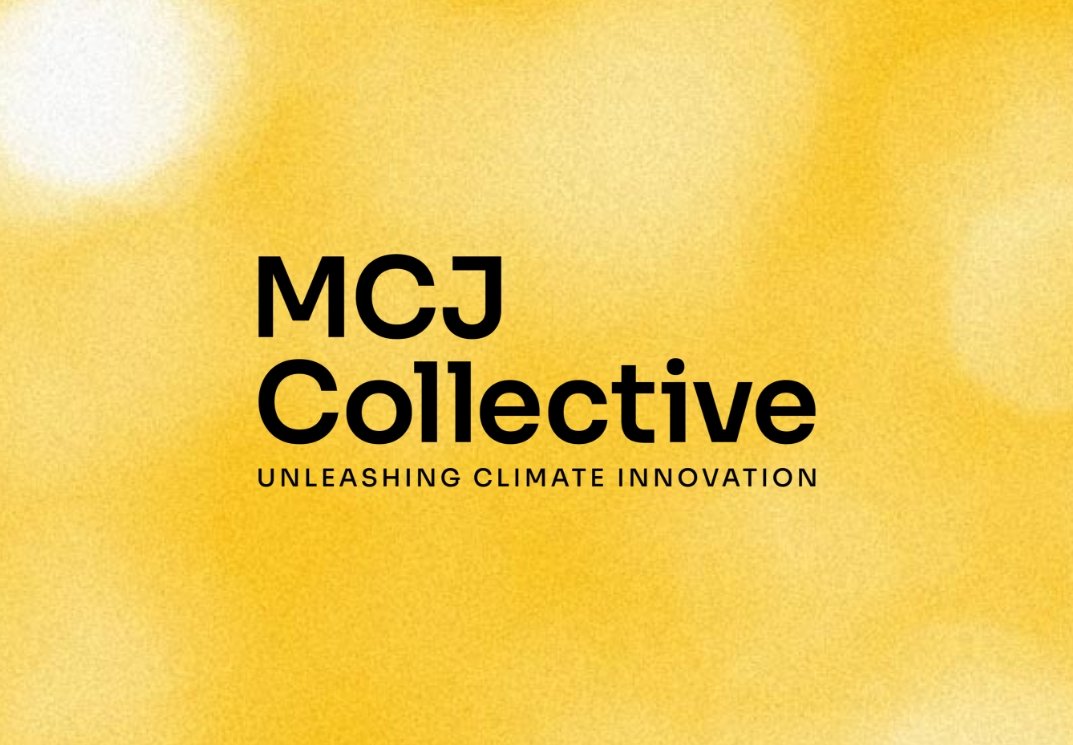




Reply